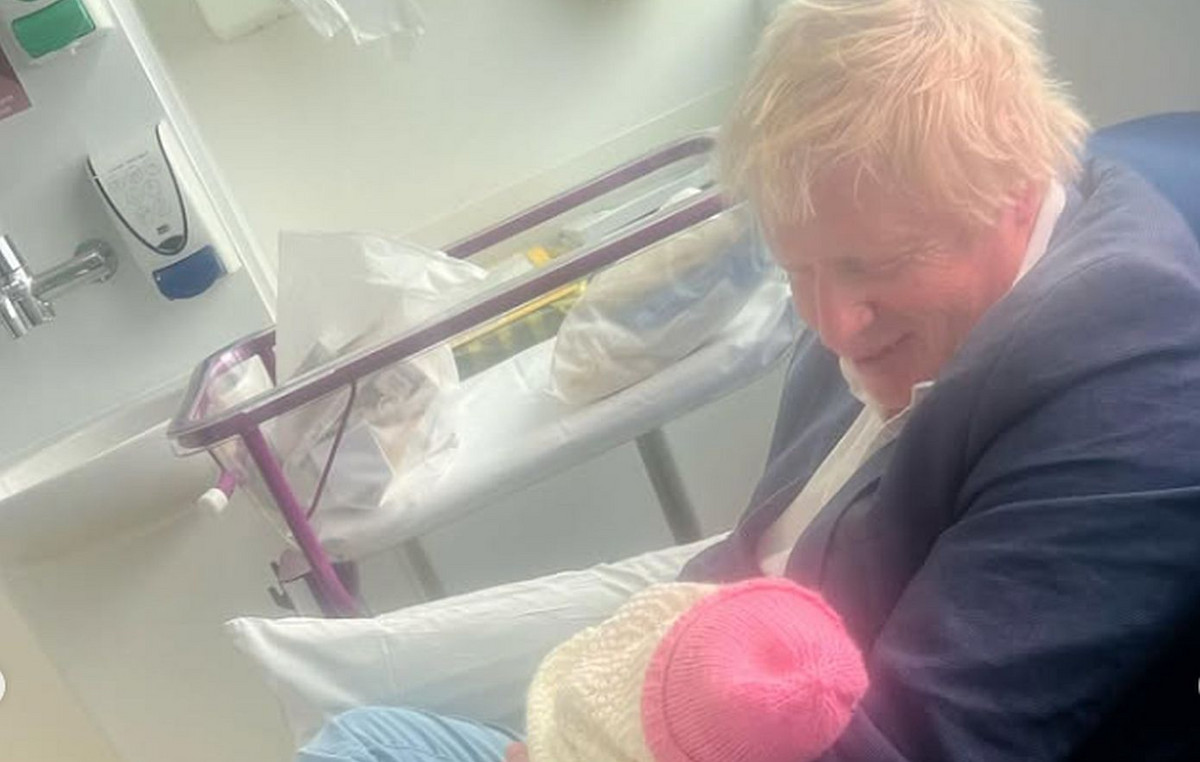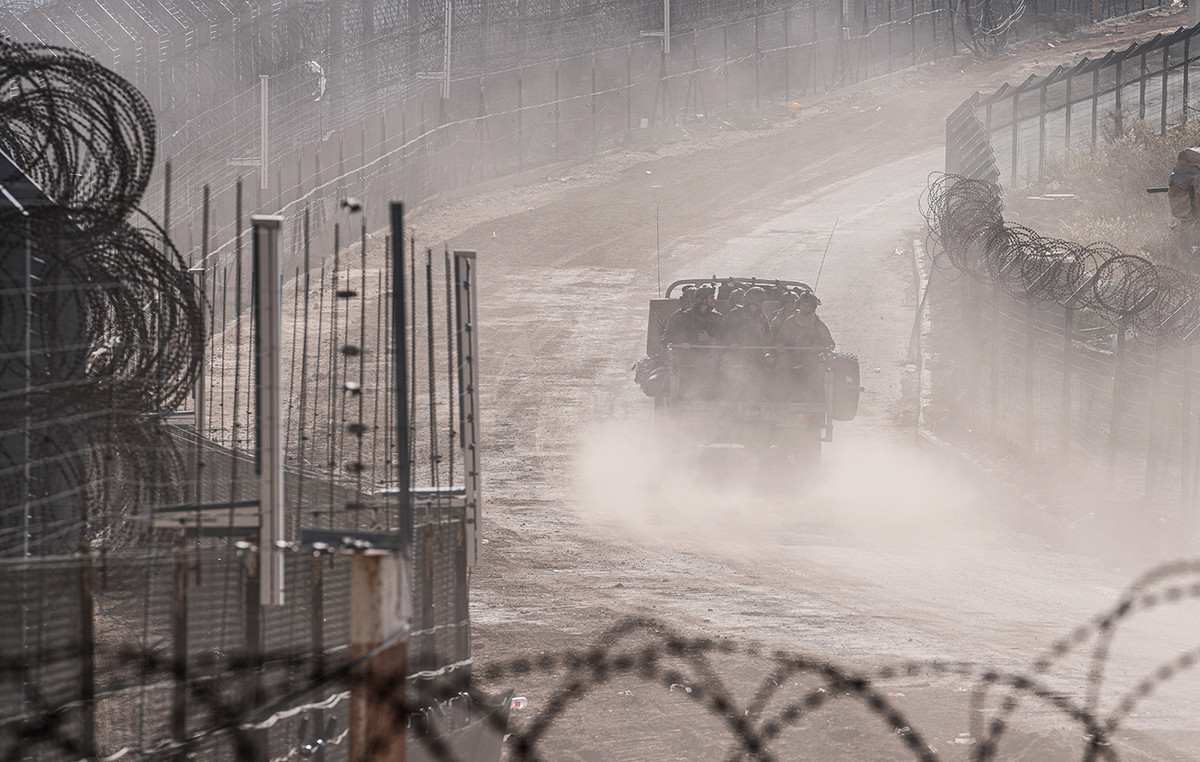The World Health Organization (WHO) warned rich countries, this Thursday (9), against the accumulation of vaccines against Covid-19 for booster doses, while trying to combat the new Ômicron variant, threatening the supply to more countries. poor, where immunization rates are low.
Many Western countries have launched reinforcements, targeting the elderly and people with underlying health problems, but concerns about the rapid spread of Ômicron have led some to expand their programs. WHO recommended boosters for those with health problems or for those who received an inactivated injection.
The extent to which current vaccines are effective against Ômicron remains to be decided. So far, they have proven extremely successful in slowing the spread of the coronavirus and the severity of the disease. Low vaccination rates pose the risk of the emergence of more dangerous and more resistant variants of the vaccine.
“As we move towards whatever the Ômicron situation, there is a risk that the global supply will revert to high-income countries that are hoarding vaccine,” said WHO Director of Vaccines, Kate O’Brien.
“It’s not going to work from an epidemiological point of view and it’s not going to work from a transmission point of view unless we have vaccine going to every country,” said Mike Ryan, WHO’s director of emergencies, who added that Ômicron looked like “ more adapted and faster”, but it was not invincible.
“We don’t fully understand the clinical implications or the implications for our vaccines. What we do in the coming days and weeks, both in terms of virus suppression, vaccination and equity, will make a huge difference in the evolution of this pandemic in 2022,” he continued.
“Ômicron was first detected in Africa and Hong Kong, accounting for 46% of reported cases globally,” said Richard Mihigo, coordinator of the WHO Vaccine and Immunization Development Program for Africa.
First data from hospitals in South Africa show that less than a third of patients admitted during the last wave linked to Ômicron were suffering from serious illness, compared with two-thirds in the early stages of the last two waves. Only 7.5% of more than 1 billion people in Africa have received primary vaccines.
O’Brien’s warning came as supplies for the global vaccine sharing program Covax run by WHO and the charity GAVI have increased in recent months due to donations from rich countries. and after India lowered limits on vaccine exports. She reports that a big problem for Covax is rich countries donating vaccines with a relatively short shelf life.
The WHO has said in recent months that administering prime doses should be a priority, and its vaccine advisory panel recommended on Thursday that people who are immunocompromised or who have received an inactivated vaccine receive a booster.
Coronavirus infections have been reported in more than 210 countries and territories since the first cases were identified in central China two years ago.
More than 267.28 million people have been infected and nearly 5.6 million have died, according to a Reuters count.
WHO Director-General Tedros Adhanom Ghebreyesus said the world was not on track to meet vaccination targets and that Omicron illustrated the “dangerous situation” in which the world finds itself.
The UK was struggling to impose tougher restrictions to slow the spread of Ômicron after revelations about alleged blockade parties at Prime Minister Boris Johnson’s home sparked hypocritical protests.
Johnson apologized in parliament for a video showing a team laughing at a Downing Street party during the Covid-19 blockade on Christmas 2020, when the festivities were banned for the public.
Global equity markets stagnated at two-week highs on Thursday as restrictions tightened in parts of the world to stem the spread of Ômicron tempering optimism on the vaccine front.
John Nkengasong, head of Africa’s Centers for Disease Control, said on Thursday that India’s Serum Institute, the world’s biggest vaccine maker, had disappointed Africa by withdrawing talks to provide vaccines.
The Serum Institute did not immediately respond to a Reuters placement request.
Slovakia, with a population of 5.5 million people, has been hit hard by the latest wave of the pandemic, needing to return to blockades as hospitals fill up.
The measure came up with a new way to increase low vaccination rates, giving cash donations of up to US$340 (R$1,800) to people over 60 years old who get their vaccines.
Reference: CNN Brasil





